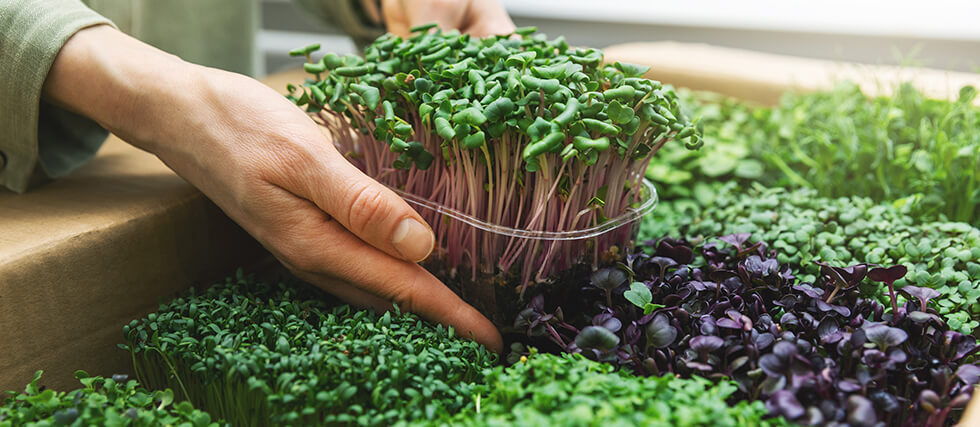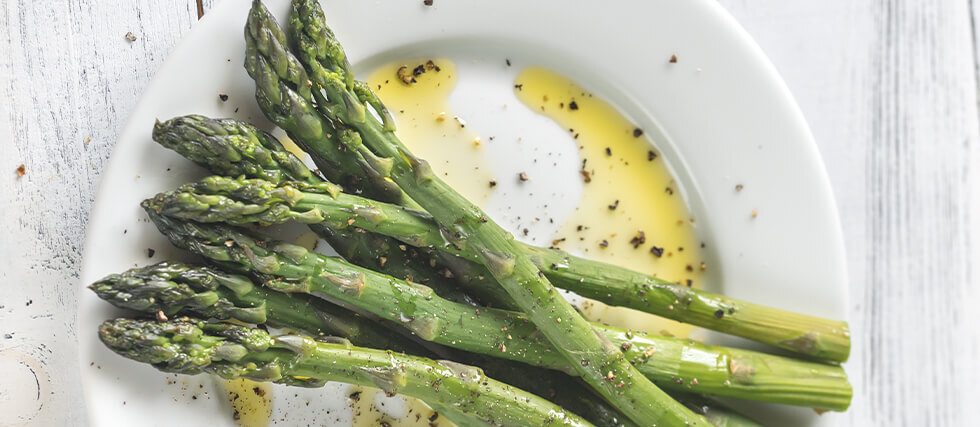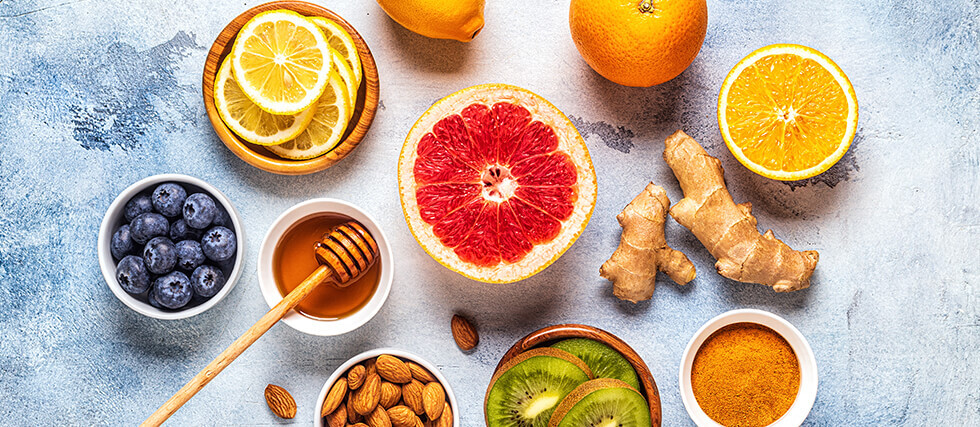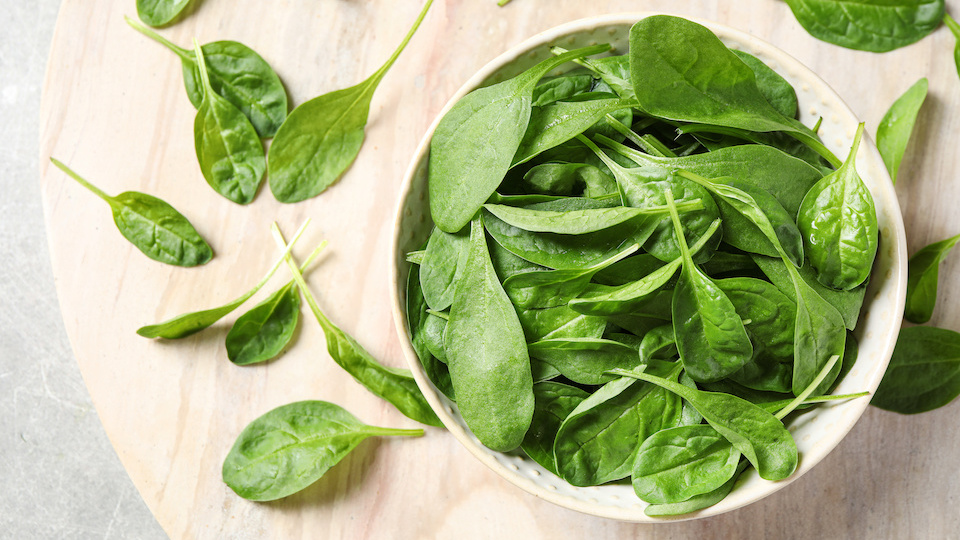Your immune system relies heavily on nutrition to function at its best. While supplements can help in times of illness or deficiency, the most effective long-term strategy for immune health comes from the foods you eat daily. Here are some of the key nutrients known to support immune function—and the foods that naturally contain them.
Vitamin C is one of the most well-known immune-boosting nutrients. It acts as a powerful antioxidant, helping to protect cells from damage, support white blood cell function, and reduce the duration of cold symptoms. Great sources include citrus fruits like oranges and grapefruits, strawberries, bell peppers, broccoli, kiwi, and Brussel sprouts.
Zinc is crucial for the development and function of immune cells. While it won’t necessarily prevent a cold, adequate zinc intake may help reduce the duration and severity of symptoms. Zinc-rich foods include oysters, beef, pumpkin seeds, lentils, chickpeas, and cashews.
Vitamin D plays a vital role in regulating immune responses and reducing inflammation. Since many people don’t get enough sun exposure to maintain healthy levels, it’s essential to include vitamin D-rich foods like fatty fish (such as salmon or sardines), fortified plant or dairy milk, mushrooms exposed to sunlight, and egg yolks.
Vitamin E supports immune function by acting as a potent antioxidant that protects cell membranes. You’ll find it in nuts and seeds, especially almonds and sunflower seeds, as well as spinach and avocados.
Iron helps transport oxygen through the bloodstream and supports the immune system, especially for those prone to deficiency. Iron-rich foods include red meat, spinach, lentils, quinoa, and dried fruits like apricots.
Selenium helps regulate inflammation and supports the body’s defense against infections. Brazil nuts, tuna, eggs, brown rice, and sunflower seeds are especially rich in selenium.
Focusing on a colorful, nutrient-dense diet is one of the best ways to naturally keep your immune system strong.





